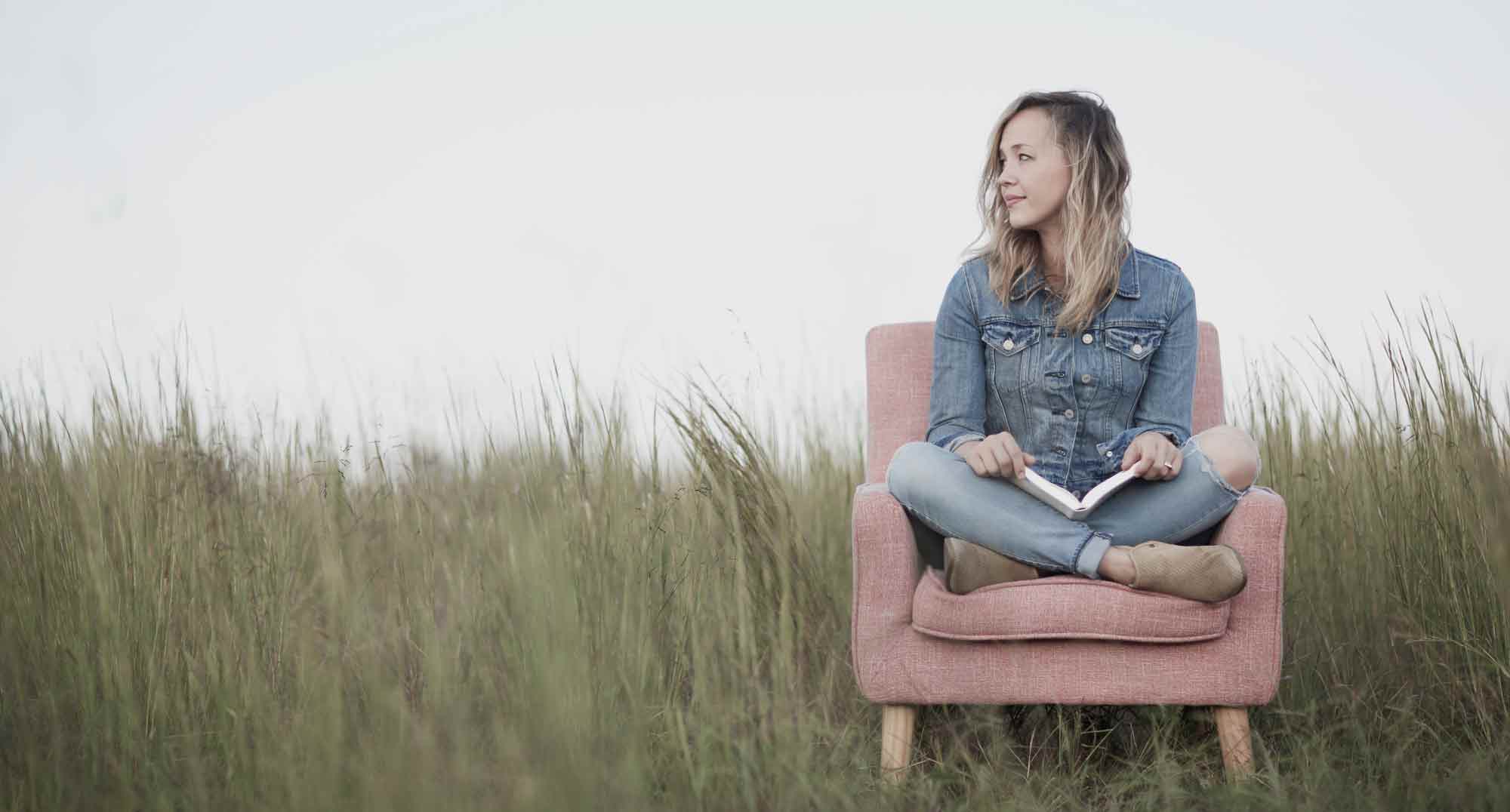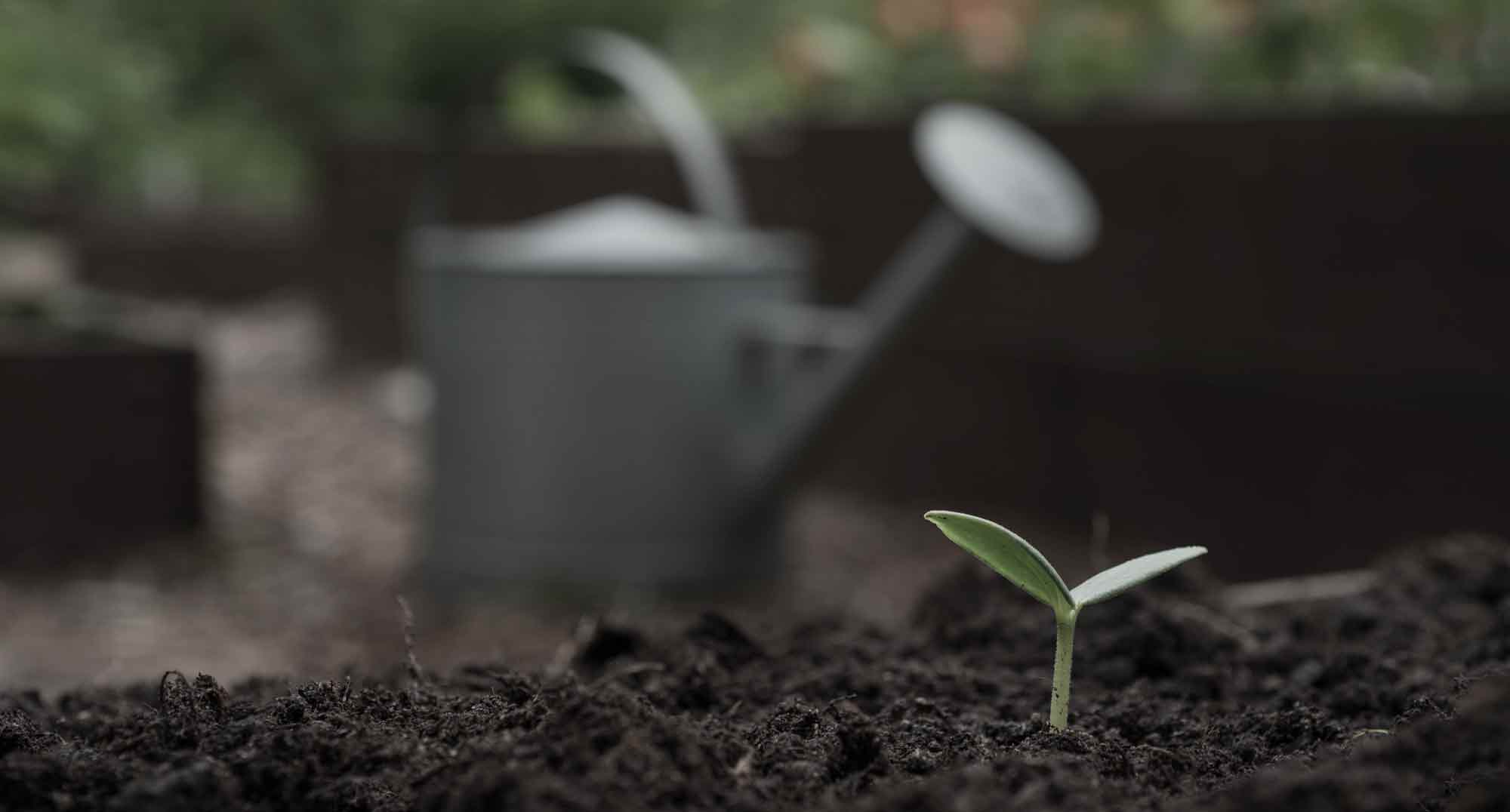When the Holidays are Hard
ALICE KIM|GUEST It’s been several years now, but there was a time when I stared at the bright red poinsettias that adorned the stage and the luminescent lights that outlined an oak stained cross and asked, “What difference does the gospel make?” I had neither anticipated nor was prepared for the unraveling of trust in my marriage. It felt like someone had, without warning, yanked the rug from under my feet. I fell hard. I was angry, hurt, confused, grieved, and struggled to hope. I was desperate to know that Jesus invaded the not only the cosmos with the hope of the gospel, but also my life and my home. When the Holidays are Hard We often equate this holiday season with time spent with family. But some of us feel pressured to shelve somber feelings related to our families like grief, disappointment, anxiety, and fear for joy, excitement, and gratitude. Just as a department store wastes no time the day after a holiday to move outdated merchandise to the clearance aisle in the back corner, the expectation is that we need to move on and exhibit only emotions that fit the occasion. But strained relationships marked by resentment, hurt, blame, contempt, silence, and unforgiveness are only magnified against the backdrop of picturesque captions of smiling family portraits in coordinated outfits, highlighting proud moments and notable achievements from the past year. If this is our experience, how can we reimagine the hope, joy, and awe of the Christmas story without dismissing the tension of living in the already-not-yet with ruptured and failed relationships? How can we invite the gospel to break through and transform our lives?...










